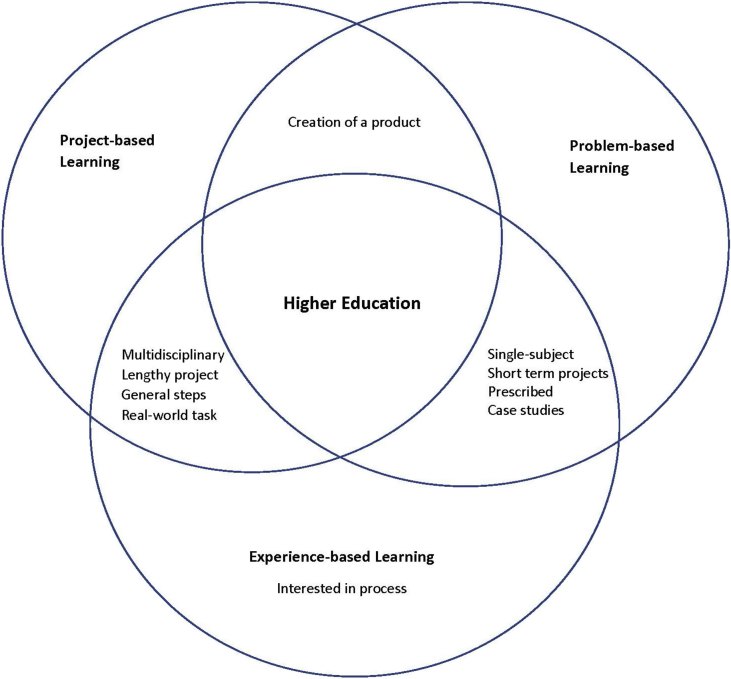This is the third in a series of articles reporting the forensic epistemology. Our first two research articles presenting scientific results based on experimental design; including quantitative and qualitative feedback from forensic science practitioners to scenarios and evidence.
Based on a synthesis of these studies there is no evidence of the knowledge gaps in formal reasoning for some forensic practitioners, and limited understanding of a specific case study. Combining these results with a review of the current literature in the field of forensic reasoning, we now offer evidence of teaching and research strategies that can help improve the status of epistemic (belief, and justification of knowledge) forensic science claims.
This paper focuses on a review of narrative integrated using hermeneutic methods of analysis to identify: (i) the epistemic state of forensic science; (Ii) strategies to increase knowledge; (Iii) the need for cooperation between practitioners and academics; and, (iv) an area for future research.

Enquête sur la certification aux bonnes pratiques cliniques en recherche académique.
Good clinical practice (GCP) is a scientific and ethical international quality standards for the design, conduct, performance, monitoring, auditing, recording, analysis and reporting of clinical trials. Before starting a clinical trial, researchers are committed to conducting research in accordance with GCP, disposition rules and protocols.
The sponsor is responsible for selecting researchers and to control their skills. While the industry sponsors systematically require GCP training certificates, academic sponsorship appears to be less demanding. We have conducted two surveys between April and June 2018.
The first questionnaire was sent to 40 French academic direction of clinical research and innovations to determine their needs about GCP training of the researchers who participated in their trial.
The second questionnaire is transmitted to a doctor of “Bretagne Recherche Clinique hospitalière network”: Rennes, Saint-Malo, Saint-Brieuc, Vannes, Lorient and Pontivy hospital, to determine the level of GCP certification, and their needs in terms of clinical research training. Twenty-eight (70%) responded to the survey direction of the first clinical study, of whom 18 (64%) required GCP certification systematic researchers in the case of category 1 studies of interventions. this rate decreased to category 2 (50%) and non-intervention category 3 (18%) of the study.
A total of 345 doctors answered the second survey, of which 263 (76%) had ever clinical trial investigators. However, only 29% of all physicians and 54% of those who had been the principal investigator has been certified for GCP training. These results support the need for a large campaign GCP training in public hospitals.
